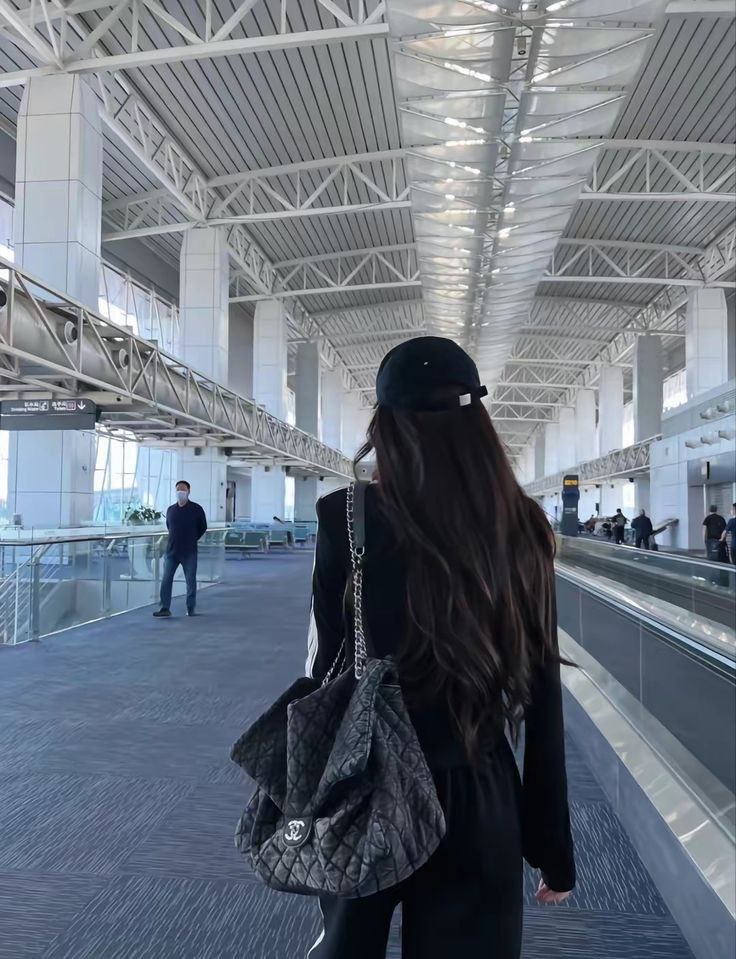
The Past Continuous tense describes actions that were in progress at a specific time in the past. It emphasizes the duration of the action, rather than its completion.
Here's a breakdown of the rules:
Formation:
The Past Continuous is formed using the past tense of the auxiliary verb "to be" + the present participle (-ing form) of the main verb.
* Positive: Subject + was/were + verb + -ing
* Negative: Subject + was/were + not + verb + -ing
* Question: Was/Were + subject + verb + -ing?
1. Choosing "was" or "were":
* Was: Used with singular subjects (I, he, she, it).
* Were: Used with plural subjects (you, we, they).
Examples:
* Positive: I *was playing* football yesterday at 5 pm. She *was studying* English. They *were watching* a movie.
* Negative: I *wasn't playing* (was not playing) football. She *wasn't studying* (was not studying) English. They *weren't watching* (were not watching) a movie.
* Question: *Was* I playing football? *Was* she studying English? *Were* they watching a movie?
Here's a breakdown of the rules:
Formation:
The Past Continuous is formed using the past tense of the auxiliary verb "to be" + the present participle (-ing form) of the main verb.
* Positive: Subject + was/were + verb + -ing
* Negative: Subject + was/were + not + verb + -ing
* Question: Was/Were + subject + verb + -ing?
1. Choosing "was" or "were":
* Was: Used with singular subjects (I, he, she, it).
* Were: Used with plural subjects (you, we, they).
Examples:
* Positive: I *was playing* football yesterday at 5 pm. She *was studying* English. They *were watching* a movie.
* Negative: I *wasn't playing* (was not playing) football. She *wasn't studying* (was not studying) English. They *weren't watching* (were not watching) a movie.
* Question: *Was* I playing football? *Was* she studying English? *Were* they watching a movie?
